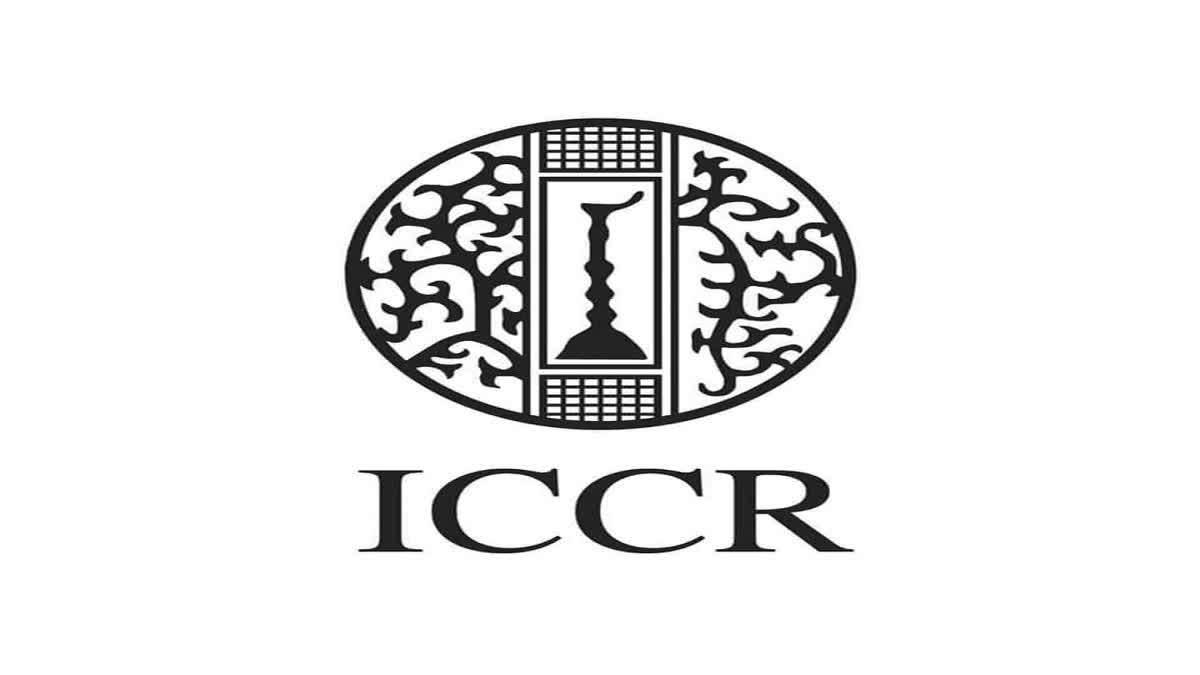New Delhi:The Indian Council for Cultural Relations (ICCR) has been instrumental in promoting mutual understanding and maintaining cultural relations between India and other countries. ICCR's Foundation was laid on April 9, 1950, by Maulana Abdul Kalam Azad, the first Education Minister of Independent India. It marks the establishment of India's soft power diplomacy, which has been a key component of the country's foreign policy.
By running Cultural Centres around the globe, ICCR aims to establish, revive and strengthen cultural relations and mutual understanding between India and other countries. The Council addresses its mandate of cultural diplomacy through a broad range of activities that include organising cultural festivals in India and overseas, financially supporting cultural institutions across the country and sponsoring individual performers in dance, music, photography, theatre and the visual arts.
ICCR also administers the Jawaharlal Nehru Award for International Understanding, which was established by the Government of India in 1965. Over the years, the Indian government has offered scholarships to many foreign students under the aegis of the Indian Council for Cultural Research, thereby boosting educational linkages.
ICCR has institutionalised its cooperation with state governments and signed memorandums of understanding with 17 state governments. The Council's activities are overseen by its three statutory bodies--General Assembly, Governing Body and Finance Committee--and it operates through a global network of cultural centres and India's Diplomatic Missions and Posts abroad. Currently, there are 37 Indian Cultural Centres all over the world, which work closely with the Indian Embassy and are headed by directors.
The significance of ICCR's main motto is to foster harmony and encourage people-to-people interactions between India and other countries, thereby promoting cultural exchanges with other countries and people and developing relations with nations.
The council provides a platform to promote Indian art, theatre, instrumental and vocal music of the Carnatic and Hindustani genres and folk art forms to audiences abroad. ICCR encourages active discussions and interactions between scholars and those interested in Indian languages, culture and heritage by organising seminars, conferences and workshops abroad.
In fact, it helps create an endearing and everlasting image of India and promotes India's soft power overseas through the dissemination of its heritage, values and philosophy. ICCR plays a crucial role in promoting cultural diplomacy and fostering mutual understanding between India and other countries.
